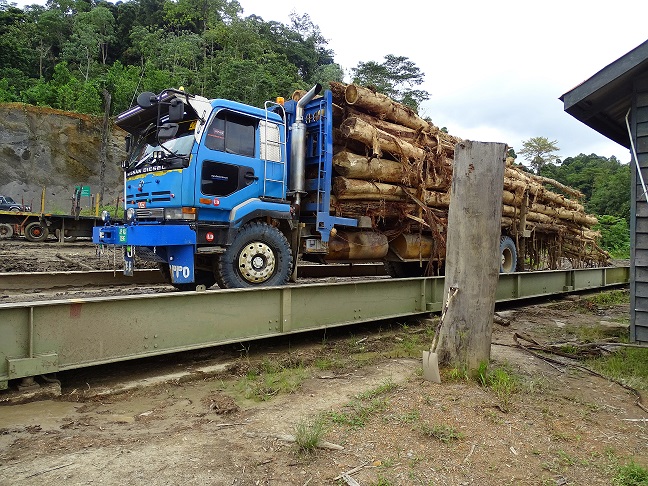The importance of transparency and traceability towards zero deforestation
The Zoological Society of London’s (ZSL) Sustainability Policy Transparency Toolkit (SPOTT) recently evaluated the transparency of 97 companies from the timber and pulp industries. The analysis assessed the public disclosure of their policies, operations and commitments to environmental, social and governance (ESG) best practice, among others. These companies control approximately 46.6 million hectares of land - which is equivalent to an area 15 times the size of Belgium – whose activities could directly threaten carbon and biodiversity-rich tropical forests.
The importance of transparency and traceability towards zero deforestation
The Zoological Society of London’s (ZSL) Sustainability Policy Transparency Toolkit (SPOTT) recently evaluated the transparency of 97 companies from the timber and pulp industries. The analysis assessed the public disclosure of their policies, operations and commitments to environmental, social and governance (ESG) best practice, among others. These companies control approximately 46.6 million hectares of land - which is equivalent to an area 15 times the size of Belgium – whose activities could directly threaten carbon and biodiversity-rich tropical forests. See the full list of companies here.

Lack of transparency
Its key findings show 21 companies do not have a website and demonstrate no transparency. SPOTT finds only 20 of the 97 companies assessed have a clear commitment to zero conversion of natural forests. Of those 20, only 11 make it mandatory for all their suppliers to abide by the zero-deforestation commitment, and only 12 have systems for monitoring deforestation. SPOTT in its press release says a lack of transparency in this aspect means measuring progress towards zero-deforestation commitments is ultimately impossible.
The report also shows there is a lack of transparency in relation to the disclosure of the companies zero-deforestation pledges. Sixty-nine companies have made at least some maps available for their Forest Management Units (FMUs), but only 11 of them have provided geo-referenced maps for all their FMUs; 14 companies have procedures to trace raw materials to FMU level. These numbers mean it is difficult to find out where the companies operate and how they harvest their trees.
Transparency in relation to gender and labour rights within this sector is also relatively poor. Only 4 per cent of companies reported their salaries by gender. Of 97 companies studied, 25 companies pay minimum wage to all their workers but only nine of them provided evidence of this.
SPOTT Manager, Oliver Cupit says “companies operating in tropical forests not only face risks to their business from climate change but have a real ability to effect change – if they can commit to, and demonstrate their actions on, zero-deforestation, we would all – wildlife and people – see a huge benefit”.
The importance of transparency in the tropical forestry sector
Transparency in the forestry sector – including publicly available and suitable spatial data about company operations – can play a key role in facilitating improved monitoring of forestry activities, increasing knowledge of supply chain impacts, and ultimately strengthening sustainability in the forestry sector.
This report by ZSL highlights spatial data that should be disclosed by companies. Besides data about the size and location, including precise boundaries, companies should also collect the following data:
- The areas of natural forests or plantations within the company’s concessions currently designated for wood or wood fibre production;
- The areas within the company’s concessions that are set aside for conservation, for local communities, for future development, or for any other use as relevant;
- The company’s processing units, such as sawmills and pulp and paper mills.
The collection of spatial data can help companies prioritise actions to improve their sustainability, disprove or substantiate allegations of deforestation, illegal logging or fires, and help facilitate reporting to company stakeholders, including buyers and investors.
Timber supply chain legality and transparency
In order to ensure that there are no legality risks present in a specific timber supply chain in a country, it is important to know where the timber is coming from. The more public information available by the supplier, the easier this process will be. However, in terms of legality, often it is necessary to obtain information directly related to the timber source and individual supply chain.
The information and documentation that should be obtained differ between countries and type of origin, and should relate to the specific harvest, timber transport and shipment, etc.
NEPCon Sourcing Hub developed comprehensive risk assessments covering over 70 countries, with details on documents and information needed to gain sufficient knowledge about your supply chain. For more information, visit NEPCon Sourcing Hub.

